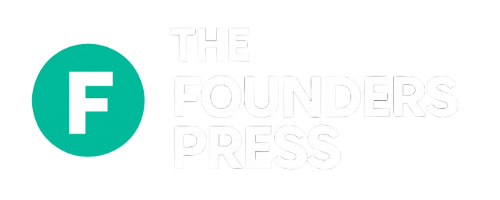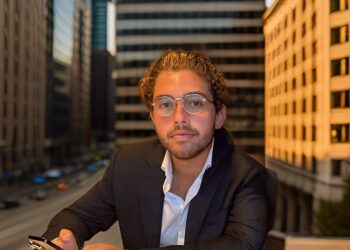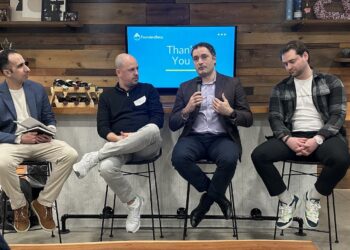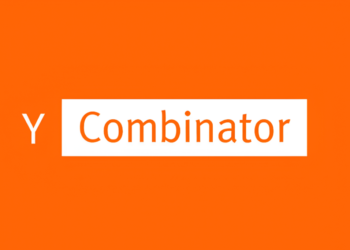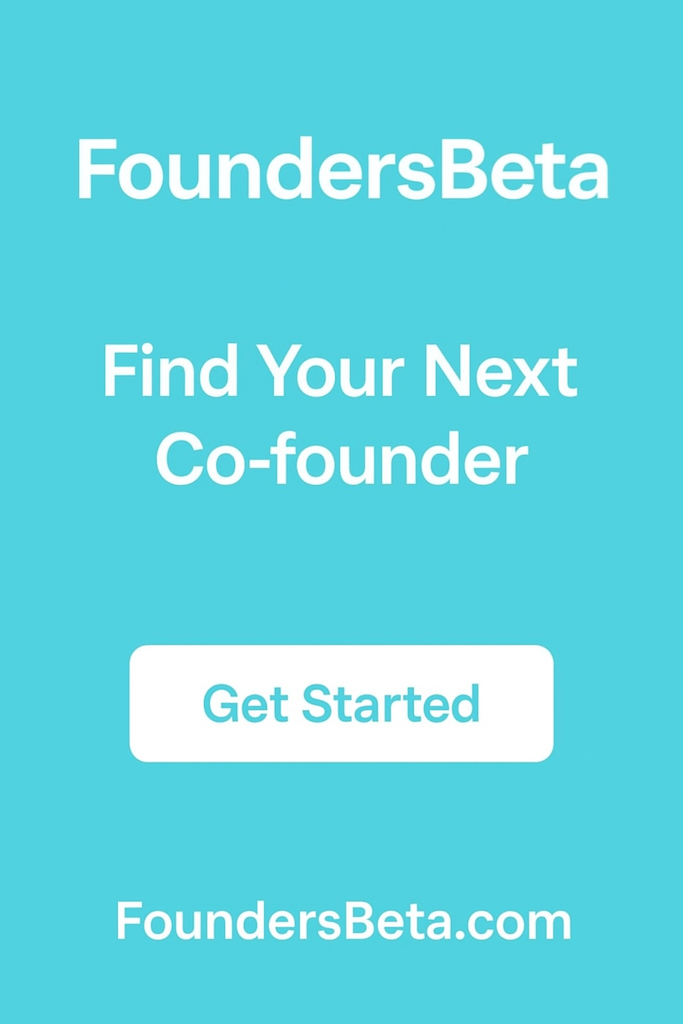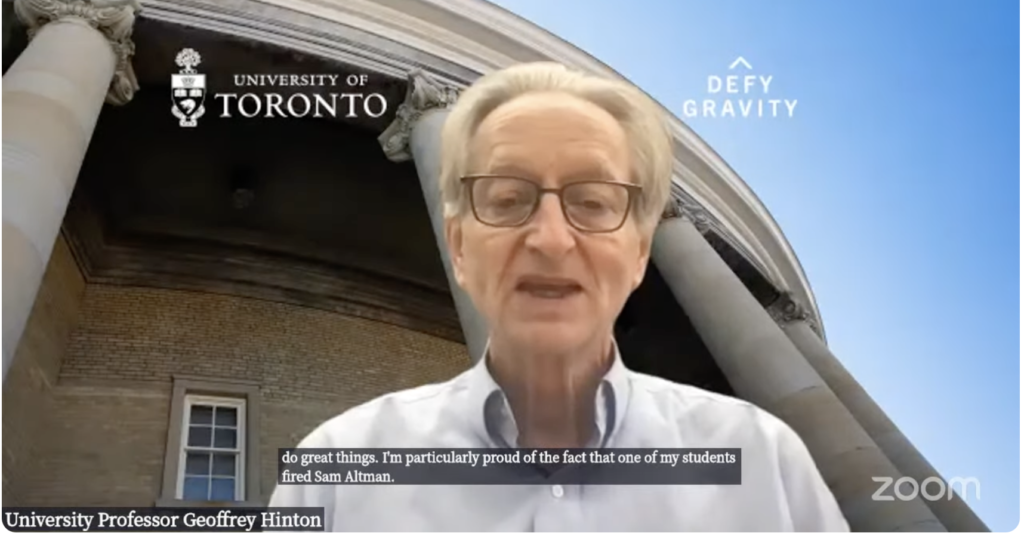
Geoffrey Hinton, a British-Canadian professor at the University of Toronto, has been awarded the Nobel Prize in Physics for his pioneering work in artificial neural networks, a cornerstone of modern artificial intelligence. Hinton, often referred to as the “Godfather of AI,” has played a pivotal role in shaping the future of technology, influencing both academia and industry with his groundbreaking research.
Hinton’s contributions to AI stretch back decades, long before terms like “deep learning” or “neural networks” became part of the tech world’s common language. His research laid the foundation for the development of technologies that power AI systems used today, including those employed by tech giants like Google, OpenAI, and others. Hinton’s work on neural networks has been instrumental in making AI systems capable of tasks such as image recognition, language processing, and autonomous driving.
The influence of his research is most evident in the rapid rise of companies like OpenAI, whose CEO, Sam Altman, leads one of the world’s most influential AI firms. OpenAI, known for products like ChatGPT has built on deep learning breakthroughs. Despite their professional ties, Hinton and Altman have often disagreed on the direction AI should take.
At a recent press conference at the University of Toronto, after being awarded the Nobel Prize, Hinton took the opportunity to reflect on the challenges facing the AI industry.
Hinton’s light-hearted comment at the press conference reflects a more serious underlying tension. The relationship between Hinton, a vocal advocate for cautious AI development, and Altman, a figure driving rapid commercialization of AI, has sparked debate over how the future of AI should be shaped. Their differing views touch on key issues, including the ethical deployment of AI, its societal impact, and how profit-driven motives may conflict with the long-term safety of advanced AI systems.
Hinton has long advocated for more stringent regulations and safeguards, warning of the potential dangers that unchecked AI development could pose to society. He has expressed concerns over AI’s ability to outpace human control, raising ethical questions about its use in military, economic, and political arenas. Furthermore, Hinton notes at the press conference that individual use alone won’t do much for safety, as it’s more about how people develop it
Altman, by contrast, while recognizing the need for AI safety, has pushed for rapid innovation and commercialization, believing that AI can drive significant economic and societal benefits when developed responsibly.
The tensions between Hinton’s cautious approach and Altman’s commercial ambitions symbolize a broader debate within the AI community. As companies race to integrate AI into products and services across industries, questions of regulation, safety, and transparency have become central to the conversation. Hinton’s Nobel Prize win puts a spotlight on these issues, reminding the world of the critical need to balance innovation with responsibility.
As AI continues to evolve and play a larger role in everyday life, Hinton’s contributions raise essential questions about how societies should regulate the development and deployment of this powerful technology. Many experts believe that the frameworks guiding AI today are insufficient to manage its potential risks, and figures like Hinton are pushing for a new global approach. His advocacy for ethical AI development has made him not only a scientific trailblazer but also a key voice in the ongoing debate over AI’s future.
“If you believe something, don’t give up on it until you understand why it is wrong! Don’t let people tell you it’s nonsense if you can’t see why it is nonsense.”
Additionally, he mentioned the significant impact of AI, especially in healthcare, such as AI family doctors in the near future.
With his Nobel Prize win, Geoffrey Hinton cements his legacy as a pioneer of artificial intelligence, and his work continues to shape discussions on how AI should evolve—ethically and safely—in the years to come.
